类风湿性关节炎耀斑触发


There are many challenges to living with rheumatoid arthritis (RA), but one of the most frustrating is its unpredictability. It can feel as if you never know from one day to the next — even one hour to the next — how you’ll feel and whether you can keep your plans or will be stuck on the couch dealing with a flare. Identifying the triggers that cause a flare can help you reduce the ups and downs and get more control over your life.
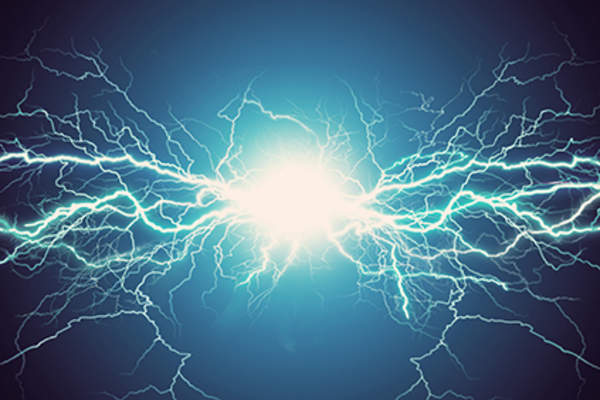
What is a flare?
Hopefully, you have achieved a fairly steady level of your RA, but you may stillexperience flares. This is a time when your RA temporarily becomes more active and can include increased disease activity, swelling and pain in your joints, fatigue, low-grade fevers, even loss of appetite. Flares may be intense, essentially stopping your life, or they can be smaller and only last a few days. How bad they are depends on how controlled your RA is, as well as possible triggers.
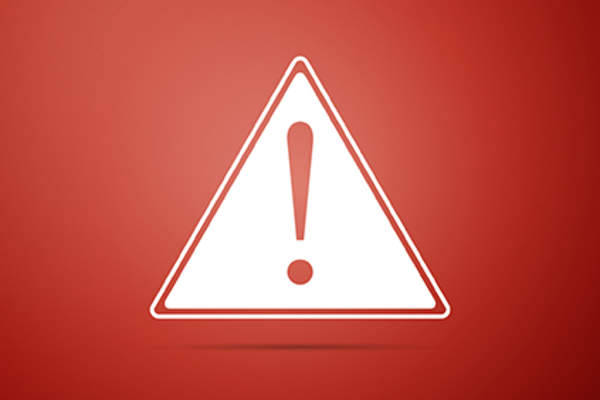
What is a trigger?
A trigger is something that elicits a response and is used in different contexts. You may have seen trigger warnings on articles discussing sexual abuse or assault, post-traumatic stress disorder, or other kinds of trauma. It can be a word, an image, an event, or something else entirely. When we talk about a trigger of RA symptoms, it is something that causes an increase in symptoms. What fans the flames of your RA may be different from someone else’s flare, but there are some common triggers.

Stress
Some studies seem to indicate that extremestress may play a role in the development of autoimmune diseases. It is not surprising therefore that many people with RA report thatstress is a major flare triggerfor them. Finding a way to manage your stress can help, but it’s definitely a challenge, as living with a chronic illness is stressful in itself. Taking a stress management course may help, as well as tuning in to your body’s messages so you are aware whenthe stress is going into the red zone.
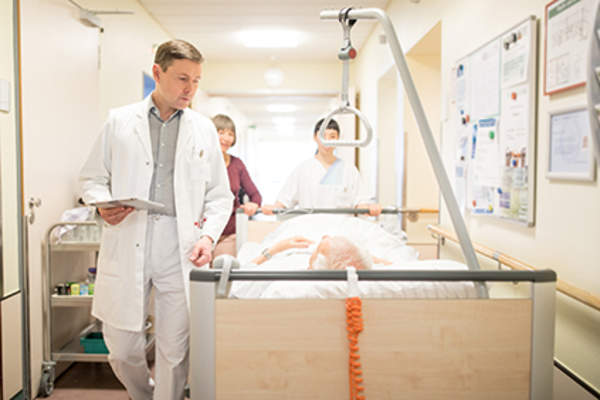
Trauma
创伤原因an intensifying of the stress response, andcan be involved in the onset of RA. Trauma can be experienced in an emergency situation, such as extreme weather or a bad car accident, but it can also be experienced in other situations. For instance, breaking a bone or having surgery can be considered a physical trauma and it’s normal for your body to react as if it is. If you are having surgery, you may want to talk to your rheumatologist about ways to avoid a potential flare.

Pregnancy
In the past, women with RA were advised not to get pregnant, but with better treatments, this has changed. Up to70 percent of pregnant women who have RAexperience a remission during pregnancy. Unfortunately, this is usually temporary — the RA comes back, sometimes in a flare, approximately six weeks after the birth of the child. Increasingly, RA meds, such as certainbiologics, can be continued during pregnancy and this may prevent the postpartum flare.
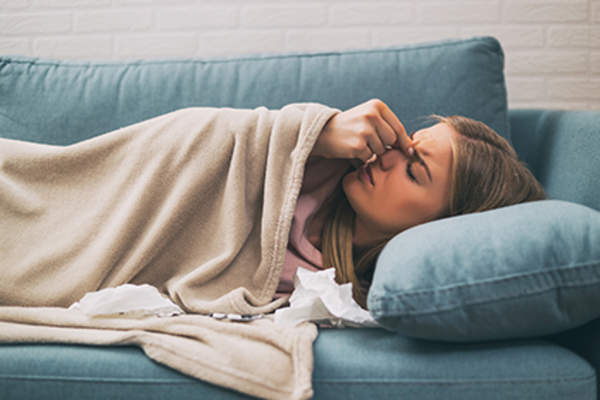
Infection
When you have RA, you may be at increased risk of catching infectious diseases, such as a cold or the flu. This is even more the case if you are on an immunosuppressant medication, such as a biologic. When you are sick, your immune system becomes more active to fight the illness. When that happens, you may also experience an increase in RA symptoms. The more active your immune system is, the more active your autoimmune disease becomes. Getting the flu shot and other vaccines can help you manage this risk.

Food
Approximatelyone quarter of people who have RA report their condition is affected by what they eat, either by improving or flaring. Commonly reported food-related triggers includesugar, processed foods,saturated and trans fats, alcohol, and refined carbohydrates. There hasn’t been a tremendous amount of research into RA and diet, but certainfoods may improve your symptoms.

Activity
We all have lives, commitments, and obligations, and often,RA fatiguemakes it difficult to keep up. So we push through and in the process, deplete our energy levels. For many, that means a flare while your body heals and energy builds up again. Being aware of where your limits are and getting rest when you need it can help you prevent flares. That said, sometimes pushing through memorable experience can be worth the consequence of having to take time afterward to heal.
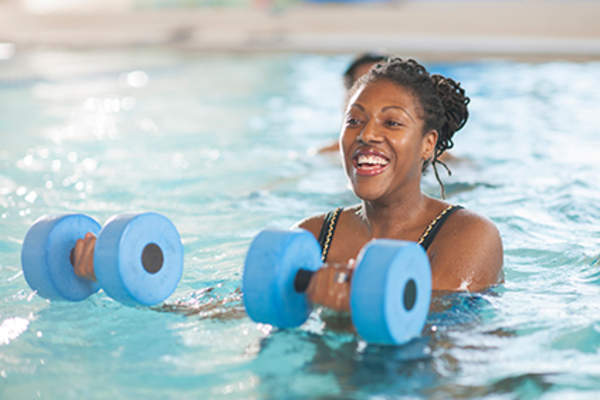
Exercise
Being physically active can actually help your RA. Strengthening muscles protects your joints and exercise that accommodates your RA symptoms helps your body be as mobile as possible. However, too much or the wrong kind of exercise may put a strain on your body and can cause a flare.Modified yogaoraqua fitclasses may work better if you have more severe or uncontrolled RA. Talk to your doctor orphysical therapistabout how to be physically active without triggering a flare.

Weather
Everyone “knows” that people with arthritis can feel weather changes by the pain in the joints, but is it actually true? Studies show thattwo aspects of weather特别是会影响关节炎活动:Barometric pressure, especially when it’s falling, causing cold or precipitation, and the lowering of temperature are associated with worsening of RA symptoms, although some peopleare more sensitive to heat.

Coping with a flare
Being prepared for a flare can help you cope better. Put together apain management kitto treat your pain and include some treats and maybe a stuffed animal for comfort. Accepting the fact that you are flaring and the best way to heal it is by calling in sick to your life, if possible, may shorten the time that you are held captive on the couch. Acknowledging the certain activity or overexertion are likely to have consequences can also help you be emotionally prepared for a flare.

When to contact your doctor
If your flare progresses beyond you needing a few days rest or the symptoms grow out of control,contact your doctor. They may be able to help by prescribing a steroid burst, a short course of medication such as prednisone, to get you back on an even keel. If your flare starts looking more like anincrease in RA activity, your doctor can also help you assess whether it’s time to consider a change in medication.

The best way to control flares
The best way to prevent and control flares is by controlling your RA.Treating your condition aggressivelyby modifying medication to get the best control is the most effective way to achieveremission or low disease activity. Unfortunately, some people with RA arenot receiving the optimal approach to treatment. Being educated about your options can help you have more productive conversations with your rheumatologist. If that doesn’t work, it may be time to get a second opinion.
